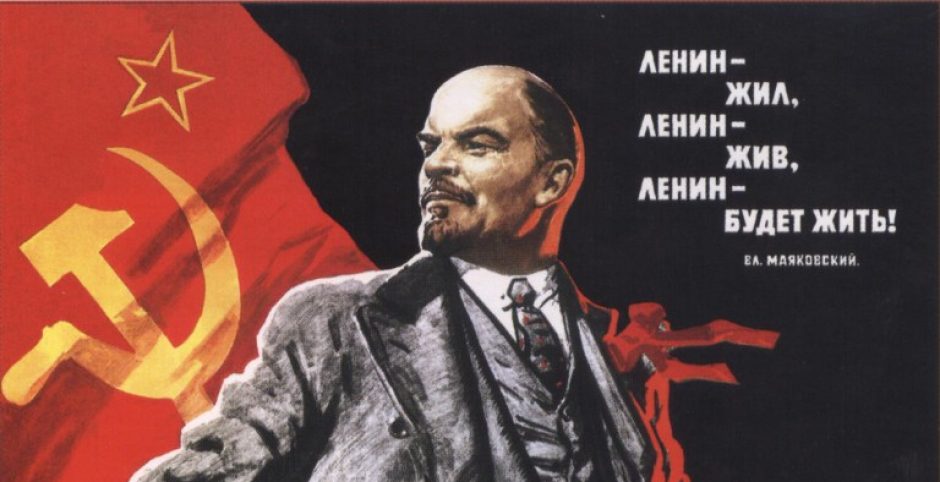Toward the middle of his account of its decline, Jeffrey Taylor offers a brief history of Russia since before it was a nation, country, or empire right up until “Putin the Terrible.” Along the way, he emphasizes Russia’s isolation from ‘Western’ societies, lack of modern development, foundations in Orthodoxy, and tendency toward despotic rulers: “The czars exploited the people to strengthen the state… The concept of an omnipotent state as a divine bulwark against external heathen threats became paramount, and was embodied in the absolutism endorsed by the Orthodox Church” (Taylor, 2001). In the context of the history provided by Taylor, the corruption and economic fragility explored in the rest of the article seem almost like destiny.
Comparing only a handful of Russian rulers from various centuries, Taylor surmises that Russia has been in decline for most of its political existence, and that its days as a Soviet global superpower were but a blip of unusual influence in a grander narrative of exploitation and obscurity. The history in the article jumps between centuries and excludes certain rulers and events, providing a limited context for Russia’s tendency toward revolution and the disastrous 1990s. “Until the last days of czarism the choice before the Russian people was either forehead-banging submission to authority or scythe-swinging revolt. Opposing the czar was tantamount to defying God; faith and political allegiance were one… Against this historical backdrop the Bolsheviks came to power, in 1917. Taking full advantage of Russia’s absolutist traditions, Joseph Stalin followed in the footsteps of Ivan the Terrible and Peter the Great and set about strengthening the state, enacting programs of industrialization and agricultural collectivization: he enslaved vast segments of his population to build industries, mine the earth, and gather crops” (Taylor, 2001). In the rampant corruption and instability faced in Russia at the turn of the century, Taylor’s version of events provides a linear narrative that explains that this type of strife is nothing new.
How does Taylor create a history that fits his overall argument? Which historical figures or events, if included, might undermine it? Do we agree with his analysis of Russia’s role in the world? Do we agree that Russian society has been prone to extreme revolutions due to a tradition of overly powerful central government?
